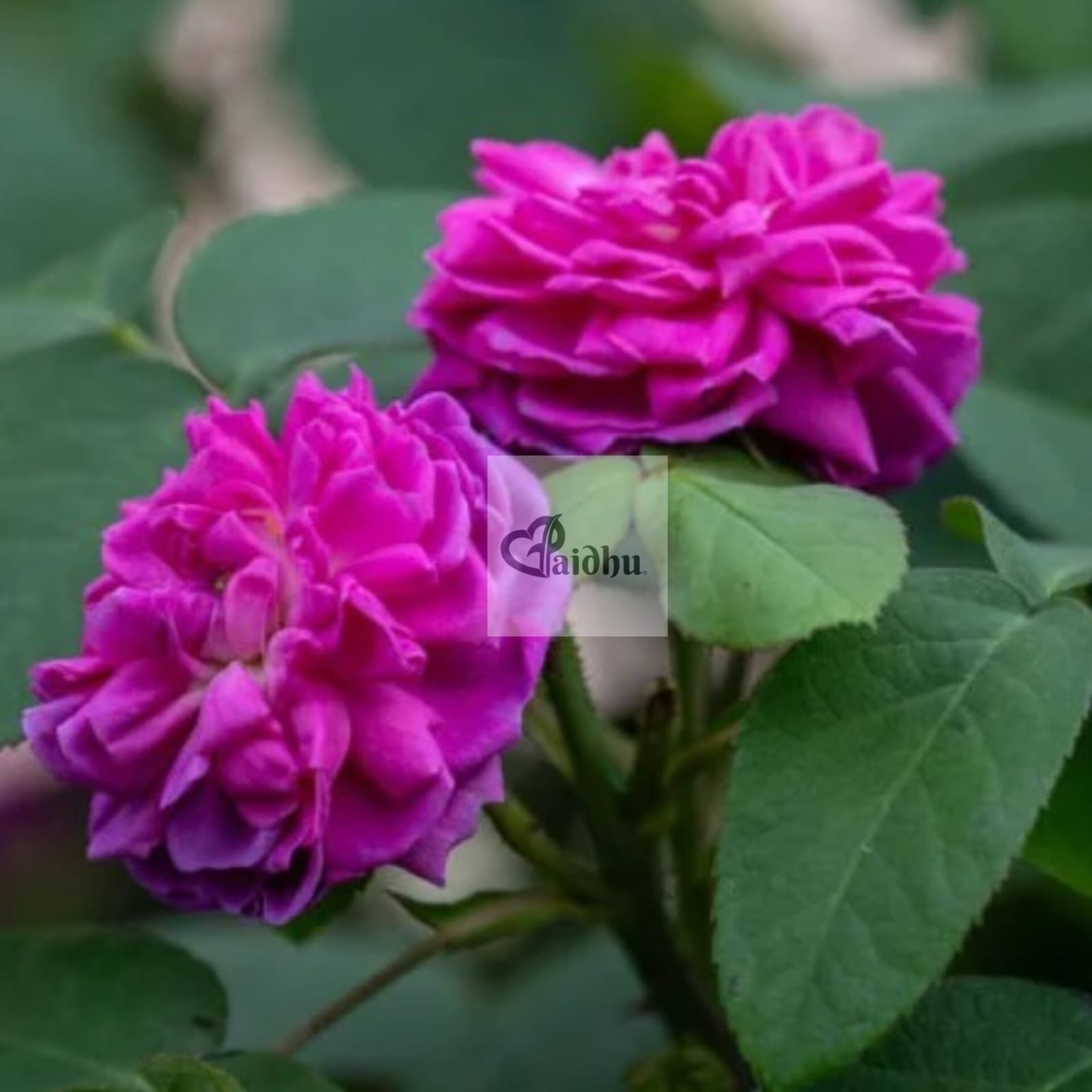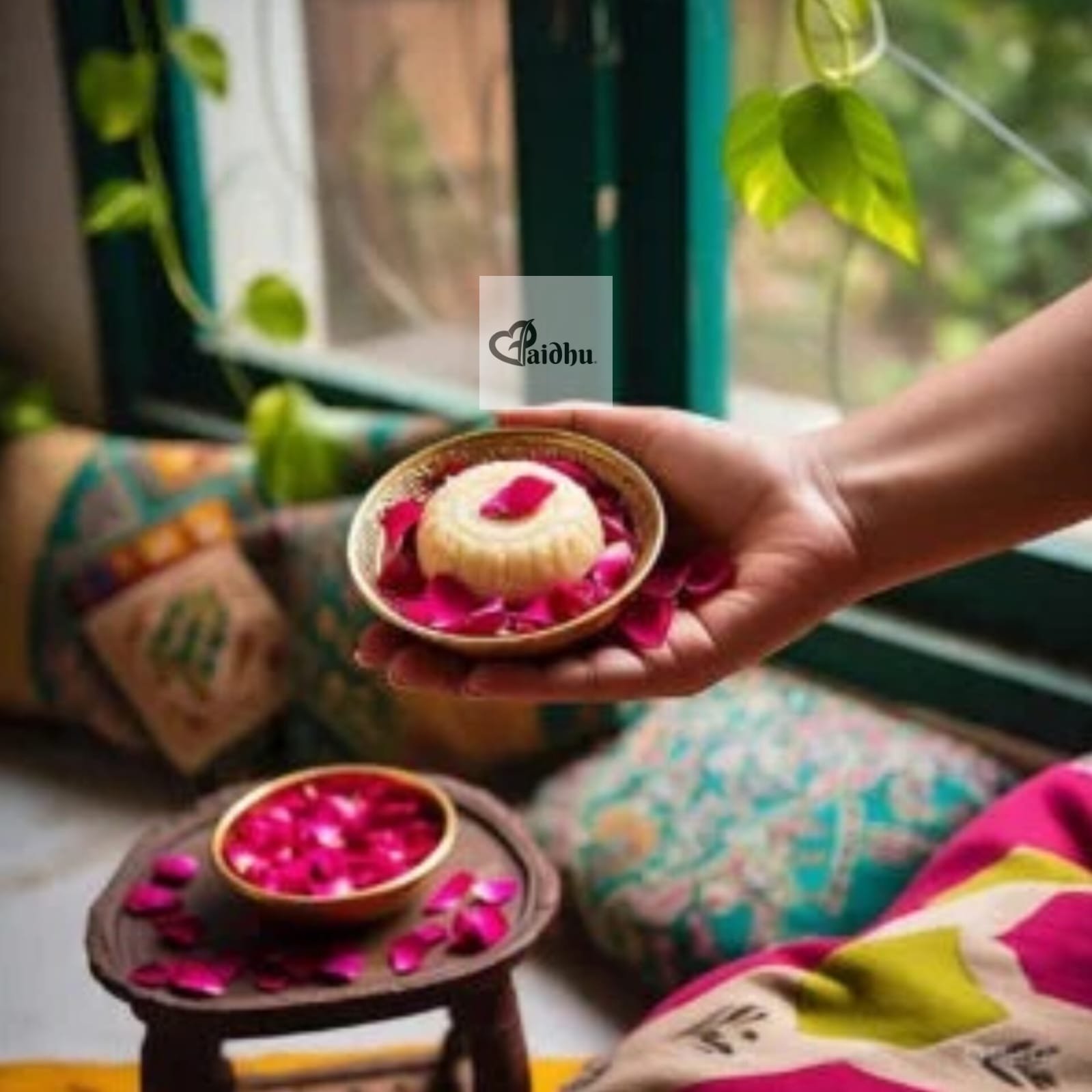A fragrant flower with surprising functional power
Roses aren’t just for romance. For centuries, their soft, aromatic petals have been part of ancient medicines, spiritual rituals, and even our plates. While we’ve admired them for their beauty, science is now catching up with what our grandmothers already knew — rose petals are good for the body, not just the heart.
Let’s dig into what makes rose petals more than just pretty.
Nutritional Profile of Rose Petals
Though not calorie-dense, rose petals pack a surprising nutritional punch in small doses:
| Nutrient | Approximate (per 100g dried petals) |
|---|---|
| Calories | ~30–50 kcal |
| Vitamin C | 50–70 mg (immune boosting) |
| Polyphenols | High (antioxidant-rich) |
| Flavonoids | Present (anti-inflammatory) |
| Tannins | Mild levels (digestive aid) |
Note: Most people consume smaller quantities of petals in tea, desserts, or preserves.
Health Benefits of Rose Petals
- 🌼 Rich in Antioxidants
Rose petals are loaded with polyphenols and flavonoids, which help fight oxidative stress — a key factor in aging, inflammation, and chronic disease. - 💧 Improves Digestion
Traditional systems like Ayurveda use rose petals to soothe the stomach, relieve bloating, and gently regulate bowel movements. - 🧠 Mood-Boosting & Calming
Rose aroma can lower cortisol (the stress hormone). Rose tea is often used for anxiety and mild insomnia, thanks to its relaxing effect. - 💓 Skin-Friendly
Rose water made from petals hydrates the skin, balances oil, and fights acne-causing bacteria. Consuming petals also supports skin from within through antioxidants. - 🔥 Natural Cooling Agent
Especially in tropical regions, rose is prized for reducing body heat and calming symptoms like acidity, heat rashes, and fatigue. - 🩸 May Help in Women’s Health
Some studies suggest rose tea may ease menstrual cramps and help balance hormones naturally.
How to Use Rose Petals
Here are some everyday ways to bring this flower into your food and wellness routine:
- Rose Tea: Soothing and fragrant; perfect before bed.
- Gulkand: A traditional rose jam preserve, cooling for the body.
- Rosewater or Syrup: For desserts, sherbets, and lassis.
- Rose Sugar or Salt: Ground petals mixed with salt or sugar — culinary elegance!
- Salads & Garnishes: Add fresh or dried petals to fruit salads or baked goods.
- DIY Skincare: Soak petals in hot water or oil to create face masks or toners.
Side Effects & Precautions
While rose petals are generally safe, a few things to keep in mind:
- Allergy Check: Rare, but some may be sensitive to rose pollen or oils.
- Pregnancy Use: Always consult your doctor before using rose in high doses or in medicinal form during pregnancy or breastfeeding.
- Diuretic Effect: Rose tea may increase urination slightly — good for detoxing, but hydrate well.
Whether you’re sipping rose tea on a quiet morning or enjoying a spoon of floral gulkand during a hot afternoon, you’re not just tasting a flower — you’re tasting centuries of wellness.
Want to try a rose-based product that’s safe, natural, and flavorful? Explore Paidhu’s floral food range — pure petal goodness in every bite. https://paidhu.com/





